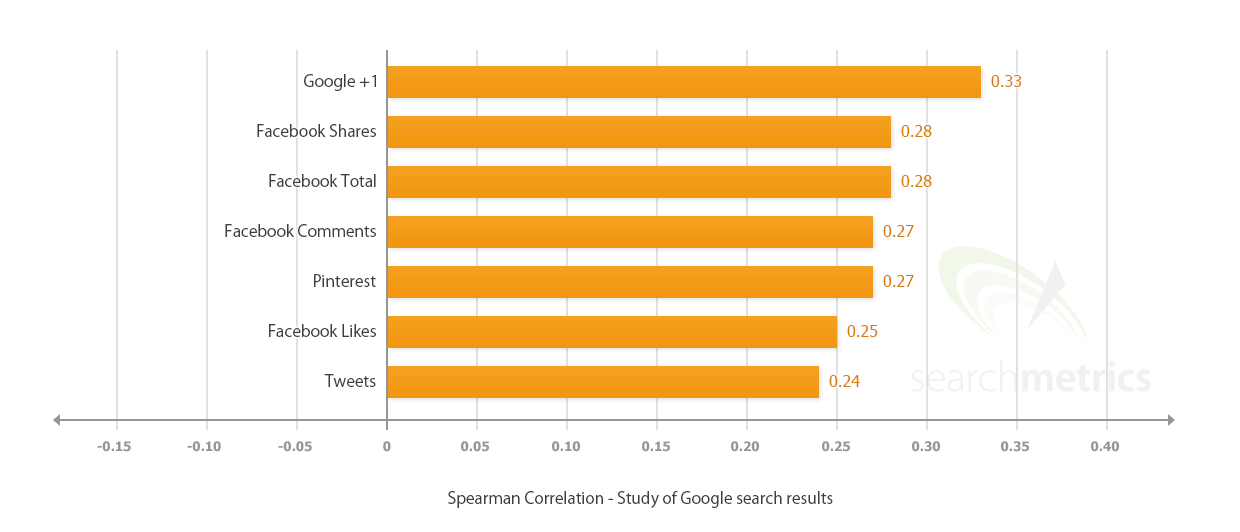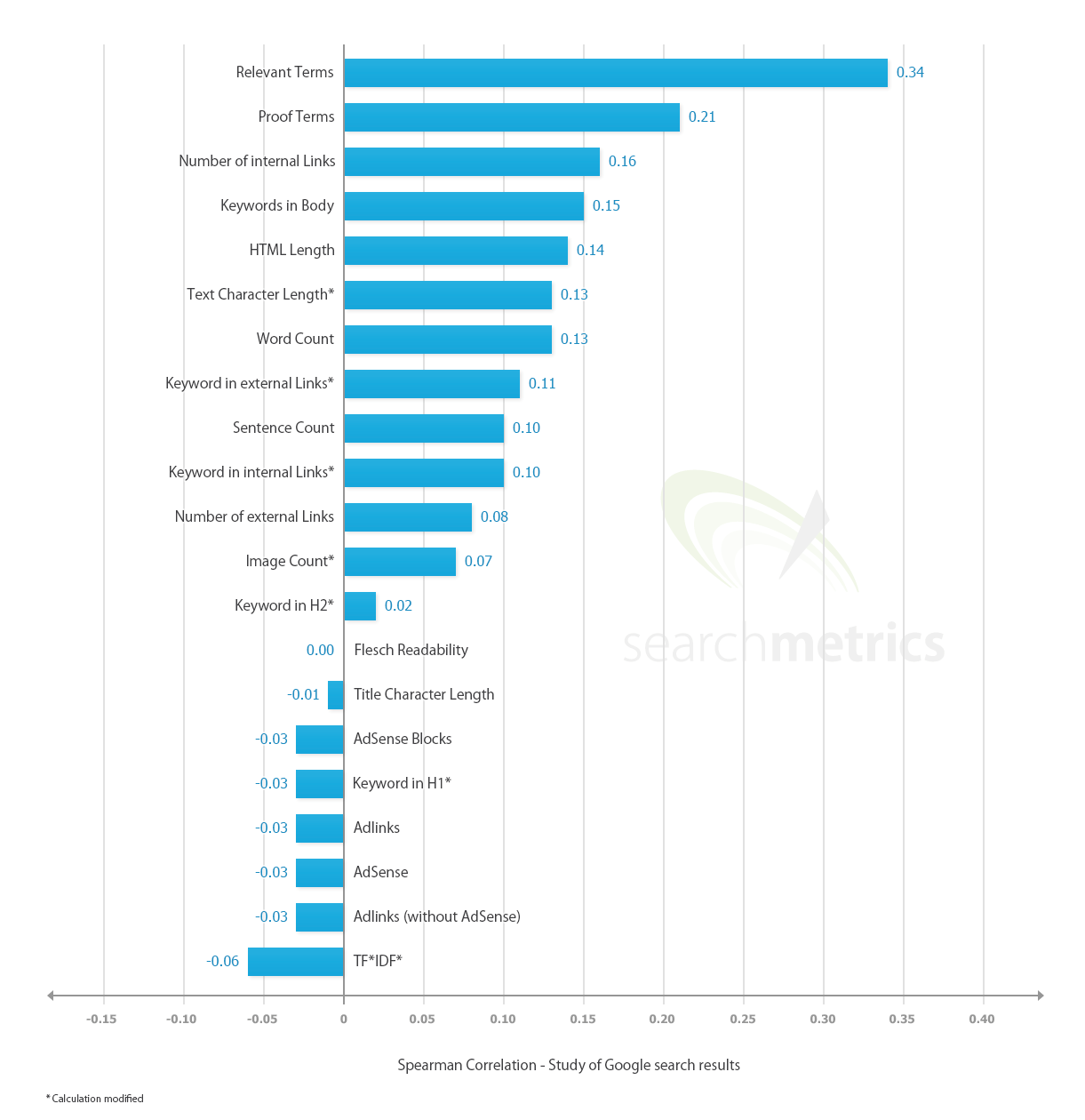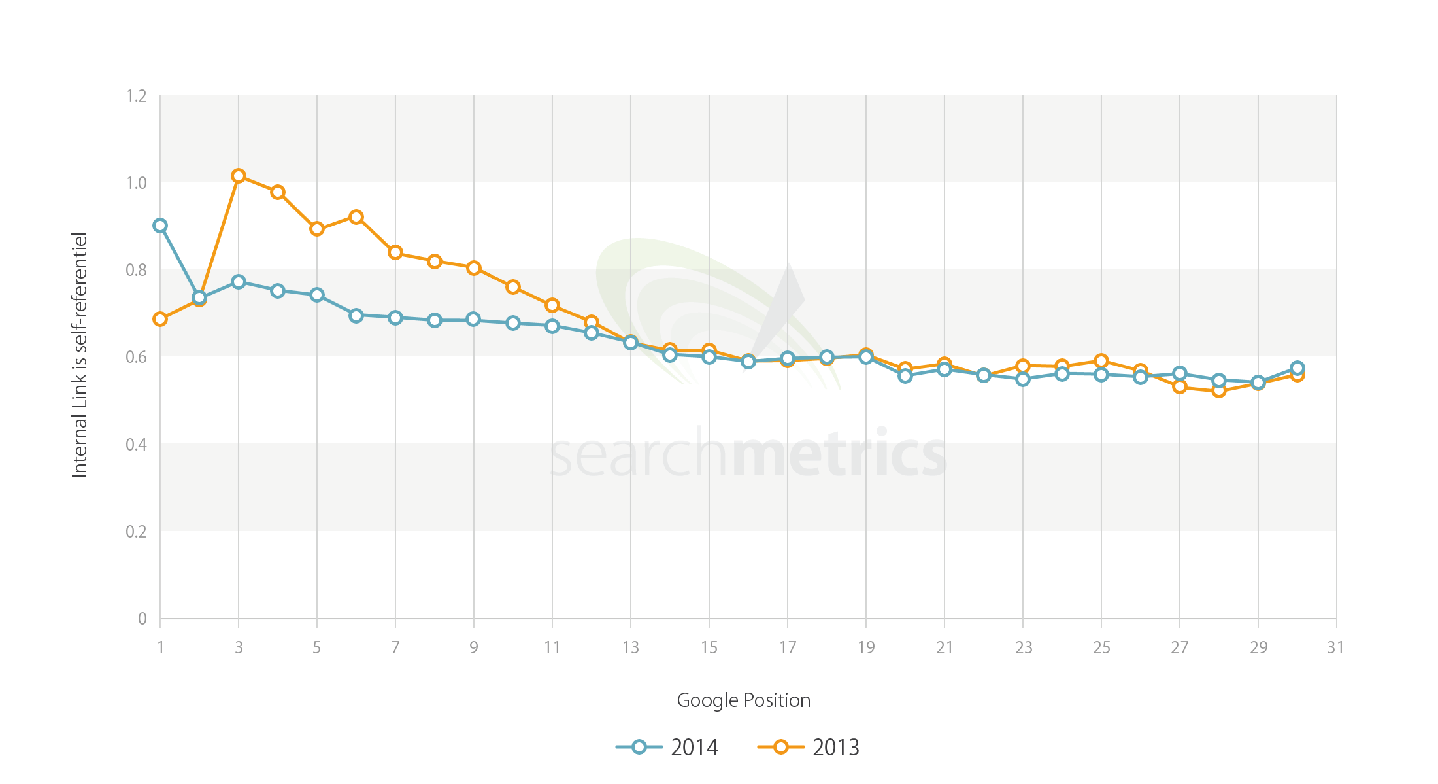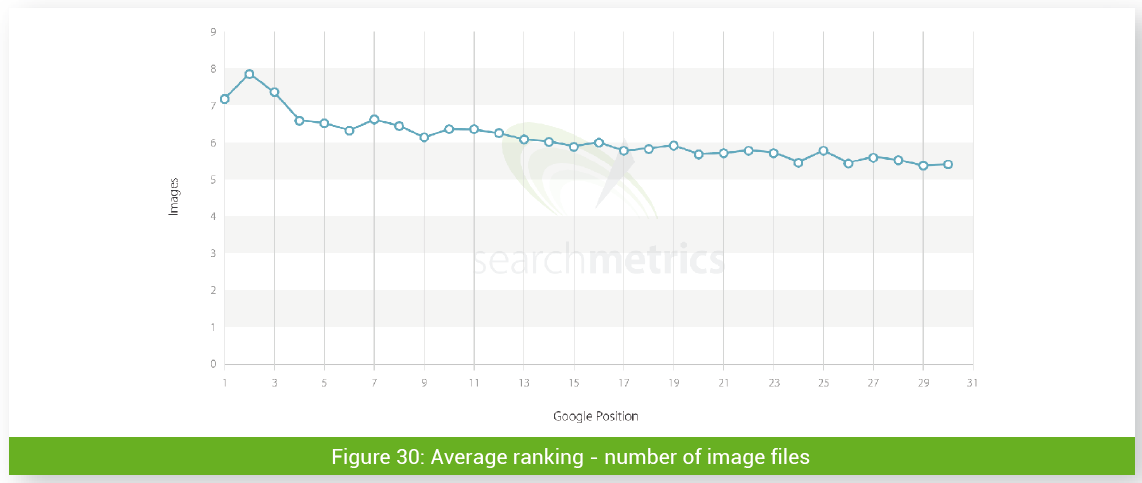
Business owners contemplating on performing a more comprehensive SEO campaign should realize that in the age of semantic search focusing merely on SEO alone will not be enough to achieve success. Search engines have adopted a radical change in algorithms, leaning towards understanding the meaning and context of the words used in the search queries and how socially relevant possible matches are.
Search engines are adopting to search behaviors and preference of online users who are now more attuned and attracted to sites that have good social media presence and engagement. In this new search landscape, business owners and digital marketers need to implement a more integrated and holistic approach to SEO if they want to gain better search engine visibility. Holistic – focusing on the whole and not just the parts – means optimizing not only in one aspect of SEO but in all other factors that search engines find important for ranking in search results.
The following describes exactly why such a holistic approach to SEO is crucial to survival in the new world of semantic search. The infographic (click to zoom): 
1. New SEARCH Focuses on the Intent and Relevance of Your Content
The 2014 SEO Ranking Factors and Rank Correlations study from Searchmetrics emphasizes the changing focus of search: from the traditional focus on technical aspects like keywords and link-building to the quality and relevance of content with search queries. In more practical terms, search is now focused on the intent of the search user and not the search engine.
What this means is that search engines will give priority to websites that have relevant content that can fulfill and satisfy the needs of the search query – and rank them higher in search results. Relevance is defined not only by matching keywords but also on how semantically comprehensive words are in a particular piece of content and how other users are engaging with this content source.
2. New SEARCH Focuses Beyond Mere Link Building
The report from Searchmetrics indicate that link building is still a very important factor in search ranking but it should not be the sole focus of an SEO campaign. While the number of backlinks remain influential in search rankings, search engines now focus more on how these backlinks were developed naturally or organically and how high the SEO-visibility is of the backlink source URL, particularly if coming from popular brands and websites related to your niche.
This is when off-site authority is developed by a website or a brand. Websites and content providers that exhibit these characteristics are considered topic experts by search users specifically looking for the kind of high-quality content they provide. That is why developing your brand as a topic expert is key to success in a holistic SEO campaign.
3. New SEARCH Focuses Beyond the Click
Traditional SEO focuses on ranking in search results and generating clicks from search users. But what happens after that? It would be of no great advantage to your bottom line if you manage to generate tons of clicks and web visits – but zero conversions. Holistic SEO focuses beyond the click and into the subsequent actions a search user performs on the site after making the click – and this can all be summed up as engagement. Post-click behaviors that signify good engagement include various social signals (likes, shares, comments, etc), how long search users stay on a particular page, how many pages the user browsed through, and how long the user stayed on the site. Such post-click engagement signals tell search engines that search users are satisfied with your content – ranking your site even higher on subsequent search queries.
4. New SEARCH Focuses on More User Specific Keywords
Keywords are one of the most important factors to consider in the integrated content marketing and search optimization process of a Holistic SEO campaign. Previous search algorithms rely largely on keywords to categorize the content of a particular website crawled by search bots. That is why traditional SEO is concentrated on putting as much keywords allowable in every page and content of the site – regardless of the quality or relevance of the main content. In the new age of search, keywords still pack a lot of importance but focus is shifted towards long-tail keywords, from single words or phrases to whole topics. Traditional keyword research tools will treat such long-tail keywords as less competitive, but in holistic SEO such user-specific keywords are preferable because of the higher engagement value they provide.
5. New SEARCH Focuses More on Original Content
You all heard the saying “Content is King”, but is it really the case with traditional SEO? Traditional spam SEO heavily practices article spinning, with each spun article laced with keywords and distributed to various sites for the anchor backlinks they generate. In the new age of search, focus now is on how fresh, original, and relevant your content is. High-quality original content updated on a regular basis that users engage with would weigh heavily in semantic search. There are other factors that digital marketers should focus though on top of producing original content. Localized post is ideal if targeting local audiences and the timing of posting will matter all the same. Frequency and consistency of postings also matter. Posting at least once a day is a good start for new marketers which you can increase once you generate higher and higher engagement from targeted audiences. Posting frequencies that are too low or too high is not favorable as well as posting more marketing-related or promotional posts than informational articles. A good ratio of promotion/marketing posts to informational articles is 1 of 9 or 1 of 10.
6. New SEARCH Focus More on Various Types of Original Content
While new search algorithms place higher importance to original content, adding various types and forms of original content will improve your holistic SEO campaign even more. Just adding a good picture to a particular post will increase engagement by 120 percent, a photo gallery by 180 percent and a video by 100 percent.
The chart above from Searchmetrics indicate that the more pictures included on a particular post, the higher the page can be ranked in Google search results. The addition of media like these enriches your text content, which is not only attractive and favorable to targeted users but also to the search engines as well. But what type of additional media will work? It will all depend on the preference on the targeted audiences and networks your business is marketing to. Some audiences may prefer images and pictures, while others will prefer slideshows, infographics, podcasts and videos. The key here is to conduct tests or even surveys to gain insight on what medium your targeted audiences prefer to receive.
7. New Search Focuses on Content and Social Media Alignment
One of the most important aspect in new search that revolutionized the way search engines formulate algorithms is on the alignment of a particular piece of content with social media. The chart below from Searchmetrics indicate a high correlation between social signals with search ranking. Social signals from Facebook are expectedly showing high correlation but surprisingly Google +1s performed quite well. Well, Google+ is still a Google product so it would be best to include this network, and other top social sites as well, in your Holistic SEO mix. 
8. New SEARCH Focuses on a More Holistic Analytics Approach
Finally, with all the changes in search algorithms and behaviors, it is but natural that analytics as well should change towards a more holistic approach. Just take that cue from SEOmoz rebranding itself from a more technical website analytics tool, to the more holistic Moz that focuses not only on technical analytics, but on social media, branding and client engagements as well. The online world is changing and business owners wanting to excel and gain favorable results from all their digital marketing efforts should consider well and listen to what the new age of semantic search is telling. Get rid of old SEO practices that will not produce results anymore and focus on the more synergistic and integrated approach of a holistic SEO campaign.



